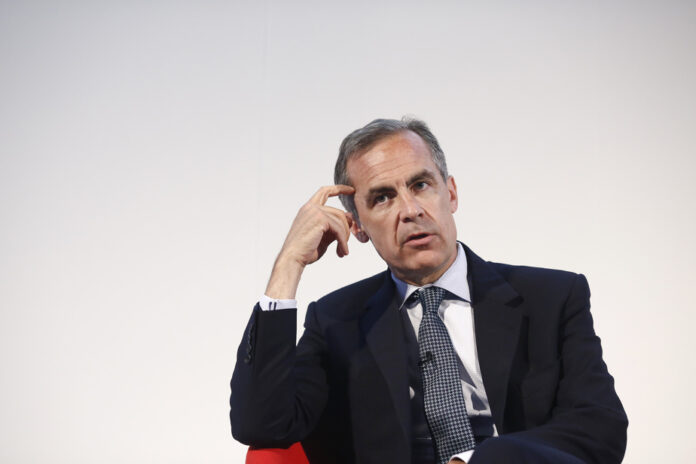With the announcement in 2021 of an alliance between the most important financial institutions in the world to fight against climate change, all hopes were allowed. When the money is on the same side, results can only follow.
The time has not yet come to an end. But it is clear that the Net Zero Banking Alliance created under the aegis of the United Nations and Mark Carney, the former governor of the Bank of Canada and the Bank of England, is off to a bad start.
It did not take long before the beautiful unanimity of banks representing 40% of global financial assets came up against harsh reality.
Their goal is to have a net zero (net zero) emissions portfolio by 2050. Not just eliminating greenhouse gas emissions from their operations, because banks emit little, but their loan and debt portfolios investments are carbon neutral.
After the 2021 marketing operation, beacons were needed to ensure that good intentions translate into concrete and measurable progress. The UN has therefore specified benchmarks for members of the alliance to meet, including eliminating support for fossil fuels, setting intermediate targets to achieve net zero and including the full cycle of emissions, from production to to consumption. This is where the varnish started to crack.
Criticized by environmentalists, financial institutions preferred not to have to continually explain how they could invest billions in oil and gas expansion projects while committed to net zero. It was done very discreetly, but several of them threatened to leave the alliance if they had to meet the specific criteria set by the UN.
Just as quietly, it was agreed last October that member financial institutions of the alliance would be encouraged to adhere to UN guidelines, but would not be required to do so. In short, the banks can continue to decide for themselves whether they are doing enough in terms of the environment.
While waiting to have convincing results to publish, banks, and in particular Canadian banks, continue to be very active in the financing of the oil and gas industry, which is regularly denounced by environmentalist organizations.
Another piece of the international financial coalition that pledged to fight climate change alongside Mark Carney is crumbling. In the United States, the rebellion of certain states against “anti-oil” investors and companies that adopt environmental, social and governance (ESG) criteria is scaring many companies.
The Globe and Mail reported last week that European insurers like Lloyd’s of London, Allianz, Axa and SCOR have left the alliance, and other industry heavyweights may follow suit. Insurers who have pledged to factor climate risk into their business fear being accused in US courts of ganging up on the oil industry.
The other players in the financial system that are members of the alliance are also facing headwinds. The threat is real. American states, including Florida, are at war against responsible investment. Texas has banned BlackRock, the world’s largest institutional investor, whose big boss Larry Fink has championed the fight against climate change.
This showdown has only just begun. It plays hard in sustainable finance, to say the least.















